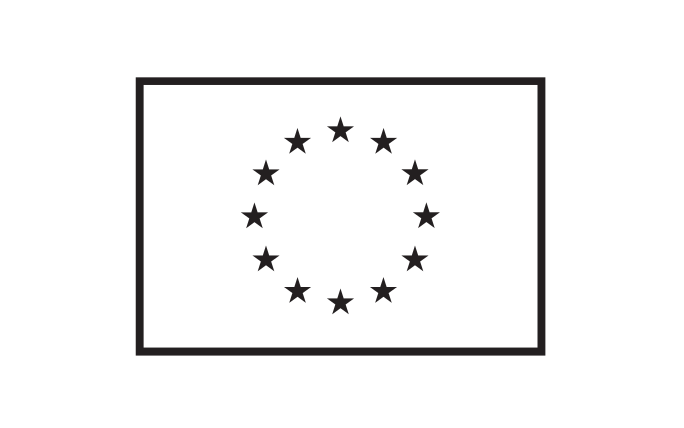We aim to translate our knowledge acquired through fundamental research into the clinical practice through development of novel diagnostic tests and the use of recent high-throughput genomic technologies including next generation sequencing and by innovative drug design strategies.
A major research interest of our group is to understand the implication of complement in human pathologies, with a particular accent on the link between complement dysregulation and overactivation with the development of kidney diseases. The major achievements related to kidney diseases are: the first discovery of Factor I (J. Med. Genet), C3 (Blood) and DGKe (Nature Genetics) genetic abnormalities as well as anti-Factor H antibodies (JASN) in aHUS; the clinical description of one of the largest C3 Glomerulopathy cohort and the first description of a pathogenic antibody, stabilizing the C5 convertase C5NeF (Kidney Int). We reported the largest cohort worldwide of genetic abnormalities identify in patients with complement deficiency (Frontiers of immunology). The clinical and basic research activities resulted in more than 100 papers published within the last 10 years. Presently, my group are studying 1) auto-antibodies directed against complement proteins in C3 Glomerulopathy. We aim to Identified the mechanisms leading to generation of auto-antibodies against complement proteins in C3G as well as characterization of their functional consequences and disease relevance. 2) the mechanisms of C3G, related to monoclonal gammopathies (a pre-cancerous condition) of renal significance. In an available cohort, we will characterize the physicochemical and binding properties, which make monoclonal immunoglobulins complement-activating entities and how this induces renal damage.3) the genetic susceptibility for the severe meningococcal infections and screening diagnostic tools for following complement activation during the disease. Our work will lead to novel strategies for treatment of severe meningococcal infections and may open new avenues for fighting infections caused by multidrug-resistant neisserial or streptococcal strains.






